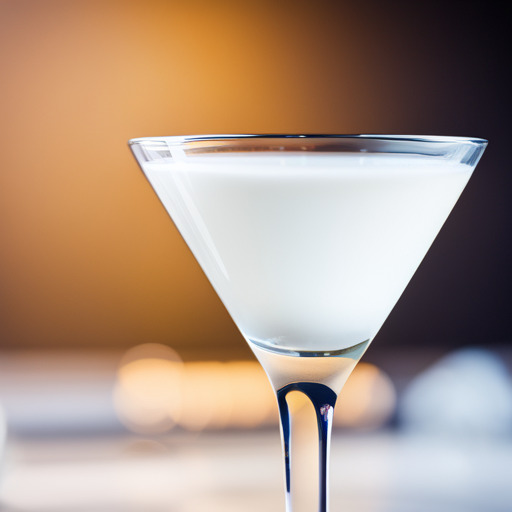Does chocolate affect orgasm? Is it truly an aphrodisiac? Let’s find out!
The topic of female orgasm has long been a subject of fascination and curiosity. Over the years, various factors have been explored in an attempt to understand and enhance women’s sexual experiences. One such factor that has attracted attention is chocolate. Renowned for its sensual appeal and reputed aphrodisiac properties, chocolate has been associated with heightened pleasure and increased sexual desire. In this article, we will delve into the question of whether chocolate truly influences the female orgasm.
Historical Connections between Chocolate and Desire
The association between chocolate and desire can be traced back to ancient civilizations. The Mayans and Aztecs considered chocolate to be a sacred elixir, often incorporating it into rituals and ceremonies. The belief in chocolate’s ability to enhance desire and sexual pleasure persisted through the centuries and eventually made its way into popular culture.
The Science Behind Chocolate’s Potential Effects
Chocolate contains several compounds that have the potential to influence mood and arousal. Phenylethylamine (PEA), a chemical found in chocolate, is associated with the release of endorphins in the brain, which can induce feelings of pleasure and well-being. Additionally, chocolate contains small amounts of theobromine and caffeine, which can provide a mild stimulant effect. These compounds, combined with the pleasurable taste and texture of chocolate, may contribute to its perceived aphrodisiac properties.
Research on Chocolate and Sexual Function
While anecdotal evidence and cultural beliefs abound, scientific research on the direct effects of chocolate on female orgasm is limited. Most studies on chocolate and sexual function have focused on subjective measures of desire and arousal, rather than orgasm specifically.
One study published in the “Journal of Sexual Medicine” explored the association between chocolate consumption and sexual function in women. The researchers found a positive correlation between chocolate consumption and sexual desire, satisfaction, and frequency of sexual activity. However, the study did not specifically examine the impact of chocolate on orgasm.
Another study published in the journal “Physiology & Behavior” investigated the effects of chocolate consumption on mood and sexual arousal. The results indicated that chocolate consumption led to increased feelings of pleasure and arousal, but again, orgasm was not the primary focus of the study.
The Role of Psychological Factors
It is essential to recognize that sexual experiences are influenced by a multitude of factors, including psychological and emotional elements. For some individuals, the act of consuming chocolate may create a sense of indulgence and relaxation, which can positively impact sexual experiences. The anticipation and excitement associated with chocolate consumption may also contribute to a heightened state of arousal.
Furthermore, cultural and societal factors play a significant role in shaping our perceptions of sensuality and desire. The association between chocolate and pleasure is deeply ingrained in popular culture, often influencing our expectations and experiences.
Conclusion
While chocolate has a long-standing reputation as an aphrodisiac and a source of pleasure, the direct impact of chocolate on female orgasm remains inconclusive. Scientific research on this specific topic is limited, with most studies focusing on subjective measures of desire and arousal. However, the compounds present in chocolate, combined with its pleasurable qualities, may contribute to an enhanced sexual experience for some women.
It is important to recognize that individual experiences and preferences vary, and what may work for one person may not have the same effect on another. Ultimately, the influence of chocolate on the female orgasm is likely to be subjective and dependent on various psychological, emotional, and physiological factors. In the meantime, individuals can continue to enjoy chocolate as a pleasurable treat, recognizing that its impact on sexual experiences may be subjective and multifaceted.


